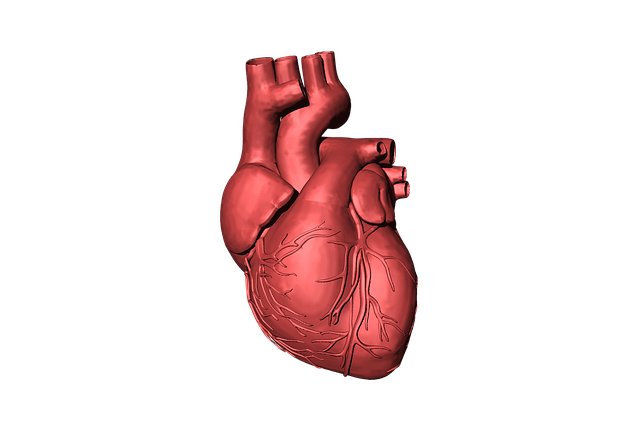The CARTO 3 platform is strengthened with the CARTO PRIME Mapping Module for enhanced mapping capabilities to reduce ablation times

The currently launched product represents the advanced version of CARTO 3 System. (Credit: Reaper DZ from Pixabay.)
Biosense Webster, a part of Johnson & Johnson Medical Devices Companies, has rolled out CARTO 3 System Version 7 and the CARTO PRIME Mapping Module to improve treatment for complex arrhythmias.
The currently launched product represents the advanced version of CARTO 3 System, which is the company’s advanced three-dimensional (3D) heart mapping system.
According the company, the CARTO 3 platform is strengthened with the CARTO PRIME Mapping Module to further address complex arrhythmias, with enhanced mapping capabilities to reduce ablation times compared to standard mapping algorithms.
Cardiac arrhythmias are a set of conditions characterised by abnormal heart beat, either too fast or too slow or in an irregular rhythm. The disorder may increase risk of stroke and heart failure, and may causes death.
In patients whose arrhythmias are serious and cannot be controlled using drug therapy, catheter ablation may be effective in reducing symptoms and improving patients’ quality of life.
Royal Brompton Hospital consultant cardiologist Vias Markides said: “This technology has a full package of EP mapping solutions to help get clear and accurate visualizations of almost every type of complex arrhythmia.
“Features like CARTOFINDER, LAT Hybrid and Parallel Mapping are significant improvements in mapping capabilities and make this a transformative step in technology.”
CARTO PRIME Mapping is a fully integrated solution that address cardiac arrhythmias
The CARTO PRIME Mapping Module is a fully integrated solution that deploys COHERENT Mapping, CARTOFINDER, Parallel Mapping, and LAT Hybrid tools.
COHERENT Mapping is to simplify the diagnosis of scar-related complex atrial arrhythmia by applying physiological constraints on local activation times (LAT) information.
CARTOFINDER expands the mapping capabilities of CARTO 3 System for irregular atrial arrhythmia, to identify redundant focal and rotational activations, and Parallel Mapping facilitates simultaneous mapping of different arrhythmia through same catheter locations.
By combining the PVC map LAT information to its corresponding Normal Sinus Rhythm location, LAT Hybrid offers enhanced location accuracy than standard premature ventricular complex (PVC) mapping
Biosense Webster worldwide president Uri Yaron said: “The launch of CARTO 3 System Version 7 and the CARTO PRIME Mapping Module reflects our collaborative efforts with physicians to identify pressing clinical needs and then integrate innovative technologies into our platform to address them. This release benefits patients and the EP community by helping make the complex – simple.”
In September last year, the company announced positive results from its Atrial Fibrillation Progression Trial (ATTEST).
It was a randomised controlled trial to directly compare the effectiveness of ablation using radiofrequency (RF) catheters versus standard antiarrhythmic drugs (AAD) in delaying atrial fibrillation (AF) progression.
